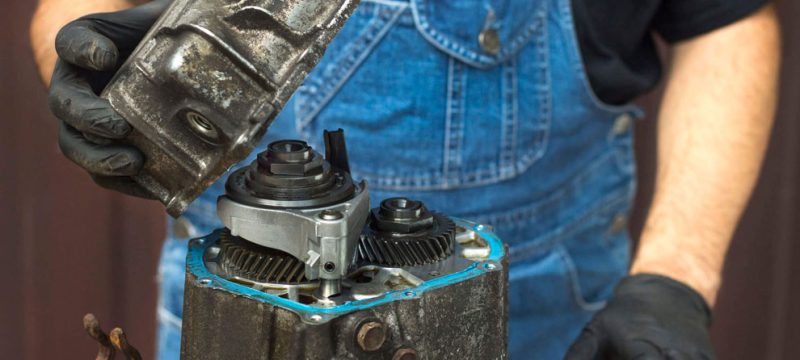Transmission slipping in Durham
Transmission slipping can be a concerning issue for vehicle owners in Durham, North Carolina, as it can affect performance and safety. Here’s a comprehensive guide on what transmission slipping is, its causes, symptoms, and what to do if you experience this problem.
What Is Transmission Slipping?
Transmission slipping occurs when the transmission momentarily loses its ability to engage properly with the engine, causing a delay or failure in shifting gears. This can lead to a decrease in power, speed, and overall performance.
Common Causes of Transmission Slipping
- Low Transmission Fluid:
- Cause: Insufficient fluid levels can prevent the transmission from building the necessary hydraulic pressure to shift gears.
- Solution: Check the fluid level and top it up if necessary. Look for leaks that could indicate a problem.
- Worn Clutch Plates:
- Cause: In automatic transmissions, the clutch plates can wear out over time, leading to slipping.
- Solution: If clutch plates are worn, they may need to be replaced.
- Faulty Torque Converter:
- Cause: The torque converter can malfunction, preventing it from effectively transferring engine power to the transmission.
- Solution: A mechanic should inspect the torque converter for issues.
- Dirty or Contaminated Fluid:
- Cause: Old or contaminated transmission fluid can lose its effectiveness, leading to slipping.
- Solution: Change the transmission fluid and filter as part of regular maintenance.
- Transmission Overheating:
- Cause: Excessive heat can damage transmission components and lead to slipping.
- Solution: Ensure the transmission cooler is functioning properly, and consider adding an auxiliary cooler if necessary.
- Electrical Issues:
- Cause: Problems with the transmission control module (TCM) or faulty sensors can lead to incorrect shifting.
- Solution: A diagnostic check should be performed to identify any electrical issues.
Symptoms of Transmission Slipping
- Unresponsive Acceleration: The engine revs without a corresponding increase in speed.
- Delayed Shifting: There is a noticeable delay when changing gears.
- Unusual Noises: Grinding or whining noises may occur during gear shifts.
- Warning Lights: The check engine or transmission warning light may illuminate on the dashboard.
What to Do If You Experience Transmission Slipping
- Check Fluid Levels:
- Pull out the dipstick, wipe it clean, reinsert it, and check the fluid level. If it’s low, add the appropriate transmission fluid.
- Inspect for Leaks:
- Look for signs of transmission fluid under your vehicle. If you find any leaks, have them repaired as soon as possible.
- Get a Diagnostic Check:
- If adding fluid doesn’t solve the issue, or if you notice other symptoms, it’s essential to take your vehicle to a qualified mechanic for a diagnostic check.
- Consult a Transmission Specialist:
- Local transmission specialists can provide a thorough inspection and recommend necessary repairs.
Transmission slipping can indicate underlying problems that require prompt attention. By monitoring your vehicle’s performance and seeking help when needed, you can ensure your transmission operates smoothly and avoid more significant issues down the road. If you’re experiencing transmission slipping in Durham, don’t hesitate to reach out to a local mechanic or transmission specialist for assistance.
For all your transmission repair and service needs contact the experts at Cottman Transmission in Durham, NC today. To schedule your appointment visit us https://www.durhamtransmission.com/appointment/
Cottman Transmission Total Auto Care gets you back on the road faster, visit us at https://durhamtransmission.com/ or check us out on Facebook at https://www.facebook.com/CottmanofDurham
For fastest response:
Call your Durham transmission repair center at (919) 471-2506 today
Transmission slipping in Durham
For More Information Contact us Today or check out our Google Reviews!


